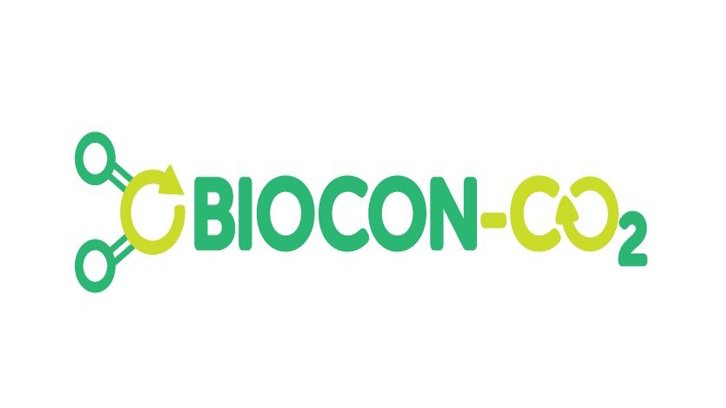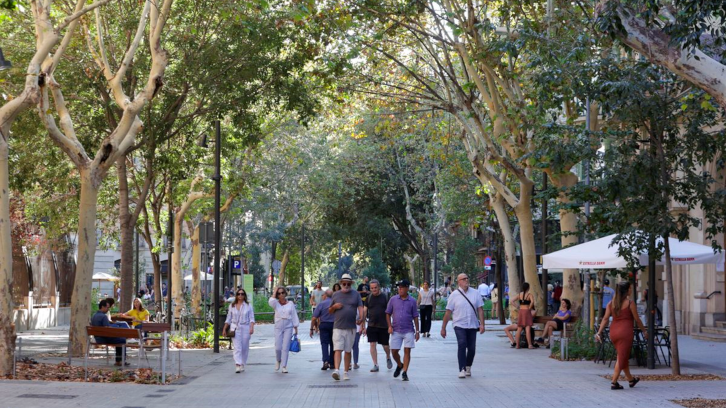BIOCON-CO2: re-using carbon dioxide (CO2)

A new €7 million EU Horizon 2020-funded research project has recently kicked-off with intentions of supporting EU leadership in carbon dioxide (CO2) re-use technologies. BIOCON-CO2 aims to re-use excess CO2 produced from the iron, steel, cement and electric power industries to create value-added chemicals and plastics. This will be achieved by developing a versatile range of conversion techniques using low-energy biological systems such as anaerobic microorganisms, aerobic microorganisms and enzymes to produce key chemical products including industrial acids and alcohols. CO2 is a naturally occurring greenhouse gas present in the Earth’s atmosphere, trapping heat and contributing to global warming. While levels have fluctuated naturally over time, human activities have led to an exponential increase in levels of the greenhouse gas through actions such as the burning of fossil fuels for industrial production. Currently, CO2 re-use from industry via biological processes is one of the most promising and valuable technological methods to reduce otherwise harmful human induced CO2 emissions. CO2 re-use converts CO2 produced by industry into a potentially valuable commodity as opposed to a contributing cause of global warming. By capturing and using excess CO2 to produce commercially viable chemicals and plastics, the research not only aims to contribute to the reduction of EU dependency on fossil fuel resources, but also improve the energy efficiency of the chemical industry. In this way, tackling the CO2 challenge provides possibilities for encouraging innovation and a more sustainable circular economy.
UAB plays a key role within BIOCON-CO2. The group of Bioprocess Engineering and Applied Biocatalysis including the Fermentation Pilot Plant of the Department of Chemical, Biological and Environmental Engineering will be focused in the production of lactic acid from CO2 using a multi-enzymatic cascade system. The group will also use this hydroxy acid as monomer for the enzymatic synthesis of polylactic acid (PLA), a thermoplastic and biodegradable polymer highly attractive for biological and medical applications.
To learn more about the BIOCON-CO2 project and its progress, or for any press queries, please contact Marieke Reuver, AquaTT Programme Manager (Email: BIOCON-CO2@aquatt.ie Tel: +353 1 644 9008).
Department of Chemical, Biological and Environmental Engineering
Universitat Autònoma de Barcelona
References
This project has received funding from the European Union’s H2020 research and Innovation programme under Grant agreement n° 761042 (BIOCON-CO2). This output reflects the views of only of the author (s), and the European Union cannot be held responsible for any use which may be made of the information contained therein.


